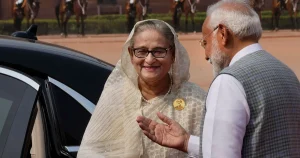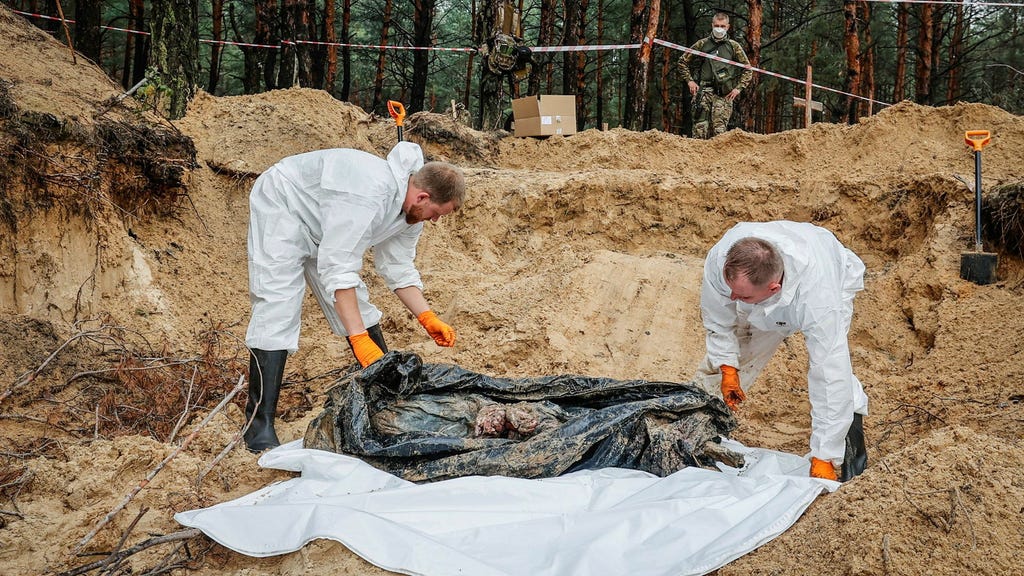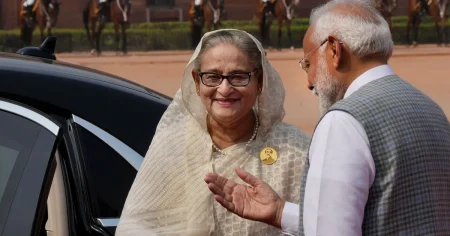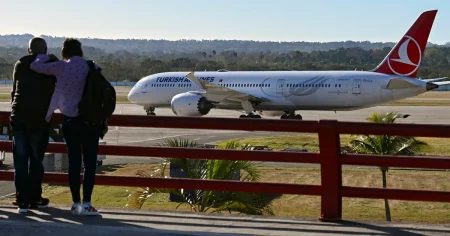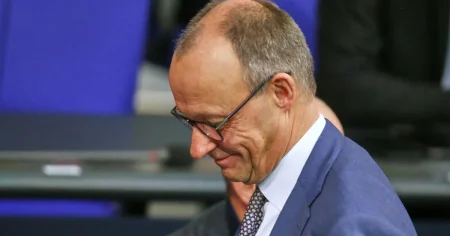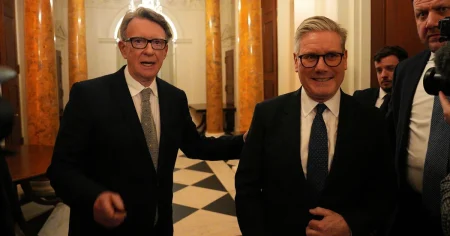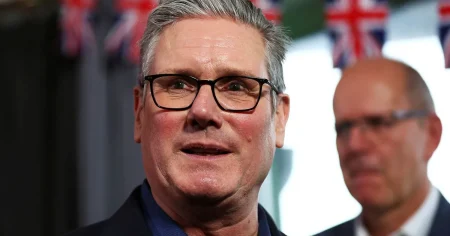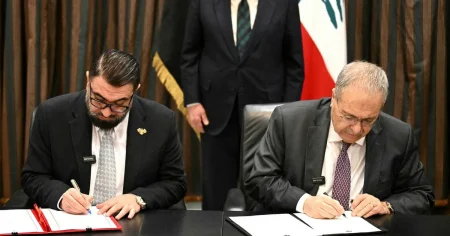The United Nations Human Rights Monitoring Mission in Ukraine has expressed grave concern over an ”alarming increase” in the execution of Ukrainian prisoners of war by Russian forces in recent months. This disturbing trend represents a severe escalation of human rights violations within the ongoing conflict and raises serious questions about Russia’s adherence to international humanitarian law, specifically the Geneva Conventions, which dictate the treatment of prisoners of war. The Mission’s observation, backed by documented cases and eyewitness accounts, paints a grim picture of the realities faced by captured Ukrainian soldiers, highlighting the urgent need for international intervention and accountability for these alleged war crimes. Military expert Johan Huovinen concurs with this assessment, suggesting that the situation may be deteriorating further and emphasizing the gravity of the situation.
The execution of prisoners of war is a flagrant violation of the Geneva Conventions, which explicitly prohibit the killing, torture, and inhumane treatment of captured combatants. These international legal instruments are designed to protect individuals who are no longer participating in hostilities, and their violation constitutes a serious breach of international humanitarian law. The alleged increase in executions by Russian forces not only represents a grave threat to the lives and safety of Ukrainian soldiers but also undermines the fundamental principles of human dignity and the rule of law in armed conflict. The international community has a responsibility to investigate these claims thoroughly and to hold those responsible accountable for their actions.
The UN Monitoring Mission’s statement carries significant weight, as it is based on rigorous documentation and investigation. The Mission has meticulously gathered evidence, including interviews with witnesses, survivors, and family members of victims, as well as analysis of available documentation and open-source information. This rigorous process lends credibility to their assessment and underscores the severity of the situation. The international community must take these findings seriously and respond with appropriate measures to address this alarming trend and prevent further atrocities.
The implications of these executions extend beyond the immediate victims and their families. Such acts of violence contribute to a climate of fear and mistrust, further exacerbating the ongoing conflict and hindering any potential for peaceful resolution. The violation of international humanitarian law also sets a dangerous precedent, potentially encouraging similar abuses in other conflicts around the world. The international community must send a clear message that such actions are unacceptable and will not be tolerated. This requires not only condemnation but also concrete action to hold perpetrators accountable and to prevent future violations.
The situation necessitates a multi-pronged approach from the international community. Firstly, a thorough and impartial investigation into these allegations is crucial to establish the facts and identify those responsible. This investigation should be conducted under the auspices of an independent international body to ensure impartiality and credibility. Secondly, there must be increased pressure on Russia to comply with its obligations under international humanitarian law. This pressure can take the form of diplomatic efforts, economic sanctions, and other measures designed to influence Russia’s behavior. Thirdly, support and assistance must be provided to the victims and their families, including psychological support, legal aid, and other forms of assistance to help them cope with the trauma they have experienced.
The international community bears a responsibility to protect civilians and combatants alike in times of armed conflict. The alleged increase in executions of Ukrainian prisoners of war by Russian forces represents a grave violation of international humanitarian law and demands an immediate and decisive response. Failure to act will not only embolden those who commit such atrocities but also undermine the very foundations of international law and human rights. The international community must stand united in its condemnation of these acts and work collectively to ensure accountability, prevent further violations, and protect the lives and dignity of all individuals affected by the conflict. The future of international humanitarian law and the principles it upholds depend on a firm and unwavering response to these egregious violations.


